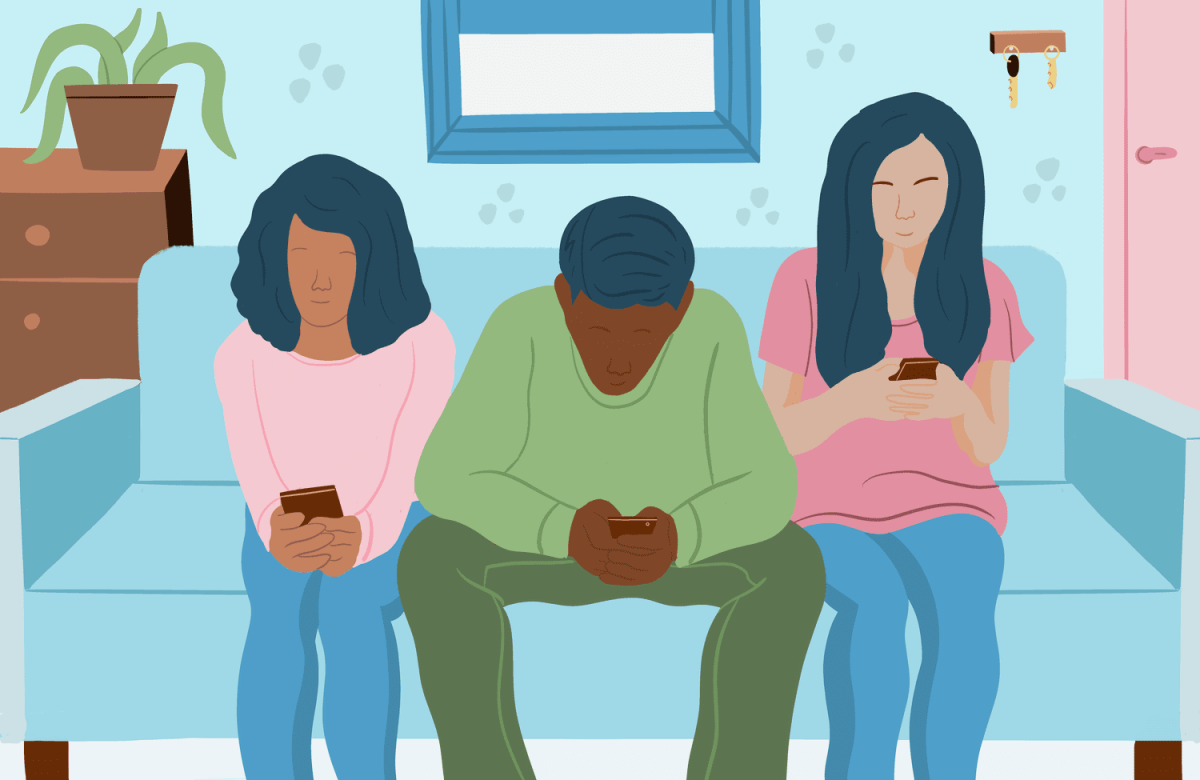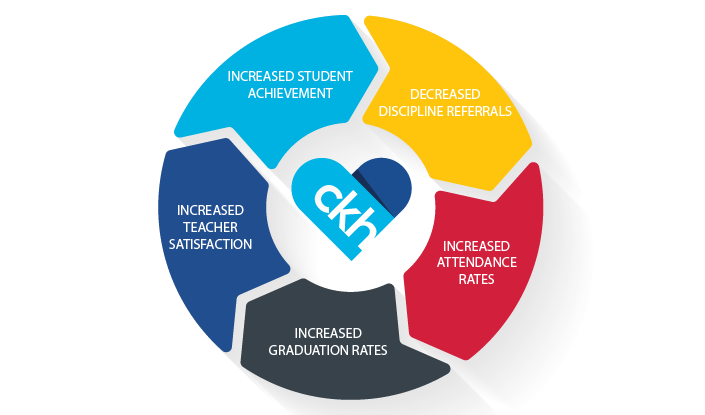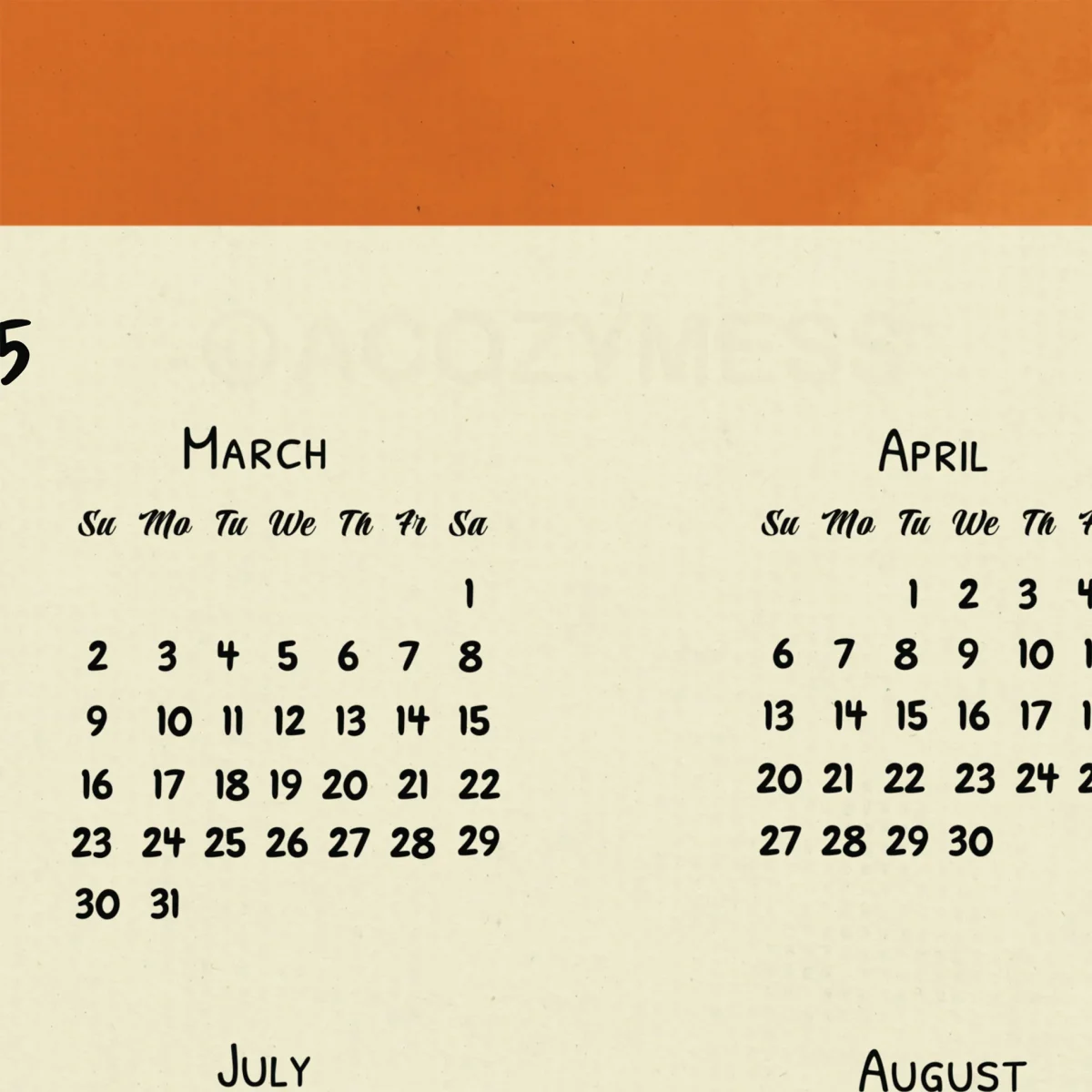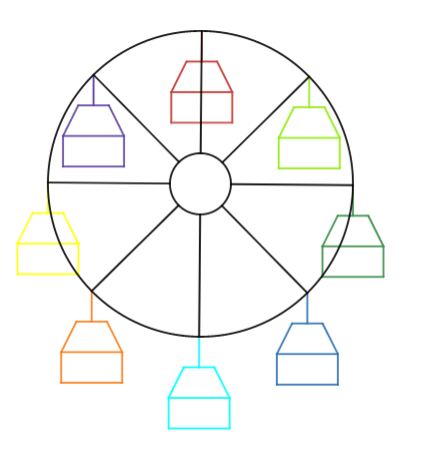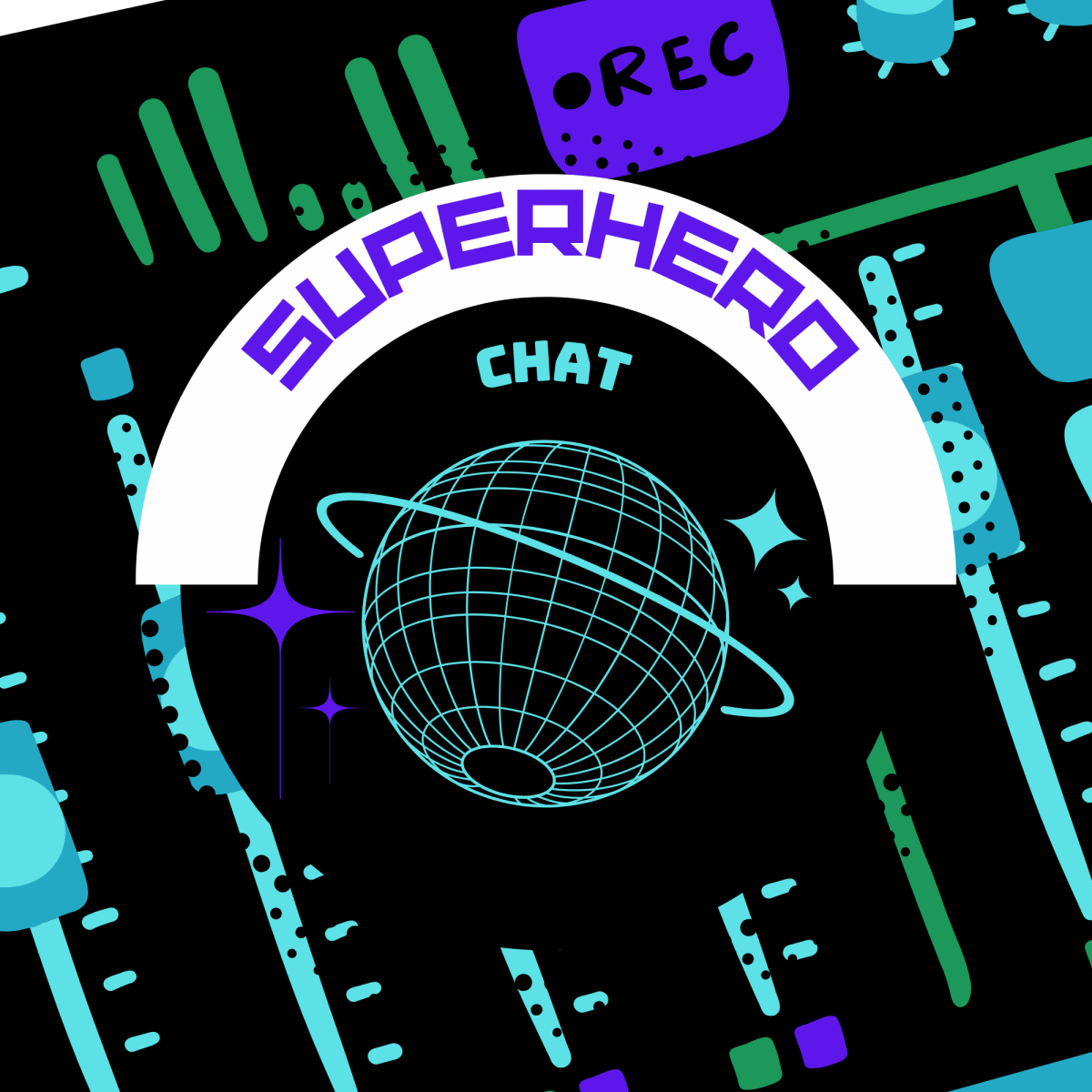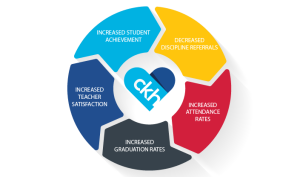Exam Stress? You’re Not Alone
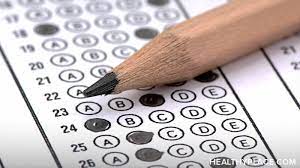
May 24, 2023
With PSATs, SATs, AP Exams, and finals, an increasing amount of students have become irritable, anxious, depressed, and overwhelmed. You’re not alone. Between 20%-40% of students are negatively affected by text anxiety.
Test anxiety is a type of performance anxiety caused by pressures to do well academically. As a result, students may feel stomach aches, headaches, increased heart rates, shaking, sweating, and panic, making it increasingly harder to perform at their best potential.
One of the major solutions to solve text anxiety is to be aware of mental health. Along with connecting with others, eating healthy, and exercising regularly, getting a consistent and deep sleep schedule may also reduce stress. Healthy sleep decreases cortisol levels, regulates the immune system, and inhibits emotional processing and worry. Avoiding any large energy intakes before bed (e.g. meals, caffeine) and encouraging large energy outtakes (e.g. exercise) can increase sleepiness. Associating beds with sleep instead of areas of comfort can also allow faster sleeping. Connections can form from consistently using beds for sleeping instead of using social media or other alert activities. Even trying to go to sleep for at least 15 minutes can disrupt these associations. Doing monotonous or tiring tasks away from the sleeping area can decrease alertness to the point of immediate sleep.
Reducing procrastination is one of the key factors in solving some test anxieties. Knowing successful study environments, studying with friends, setting alarms, or using friends as alerts could help productivity. For studying for a later test, distributed practice is a proven study schedule that spreads out several short study sessions (15-30 minutes) per targeted class for at least 6 days. Memorization is often used in this approach, which can become confusing when information is not easily absorbed. Trying to understand the material through synthesis or mnemonics along with other active study methods such as teaching, testing, or rewriting can increase recall. A 2012 study from the British Psychological Soceity tested those with test anxiety, and individuals with better working memory performed higher scores than those with worse working memory. For more difficult subjects, intense studying emphasizes 30-45 minute active study methods with more thorough engagement by self-testing, reflection, synthesis, and practice. Acknowledging the difficult topics through distributed practice can provide topics for intense studying.
Test-taking strategies depend on the type of question; in addition to teacher suggestions, helpful techniques for various questions along as pre-test prepartions can be seen here. In general, it is helpful to understand the entire question, which means each part, implication, and purpose. Tracking time and allocating specific minutes per question can allow full completion of the full test.
Best of luck for all the test takers. We got this.





